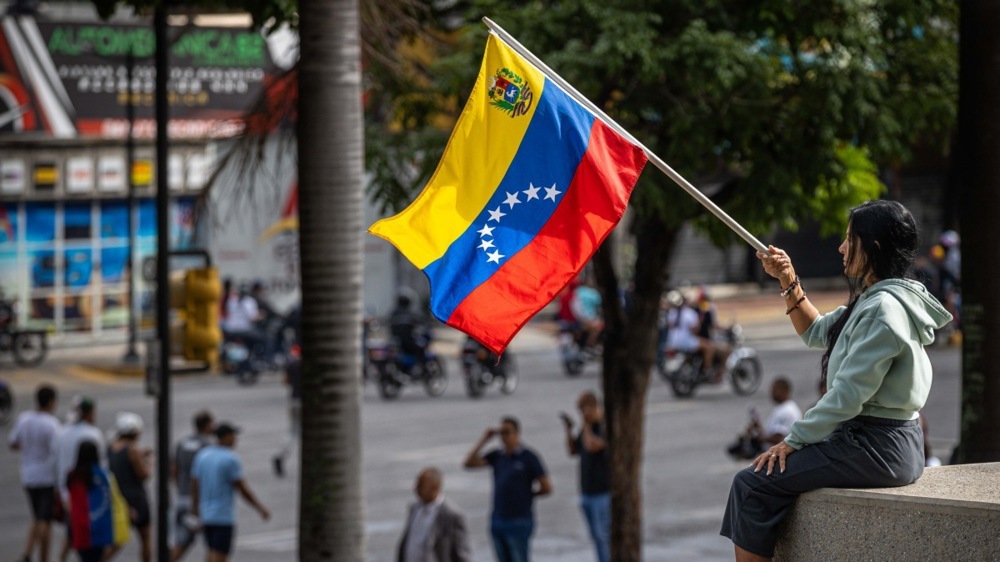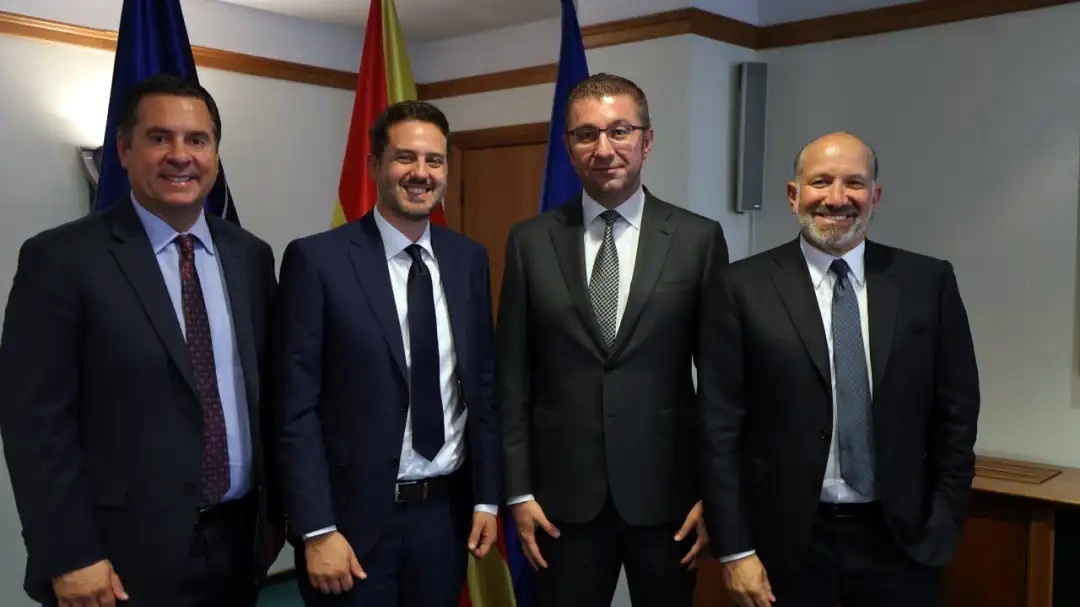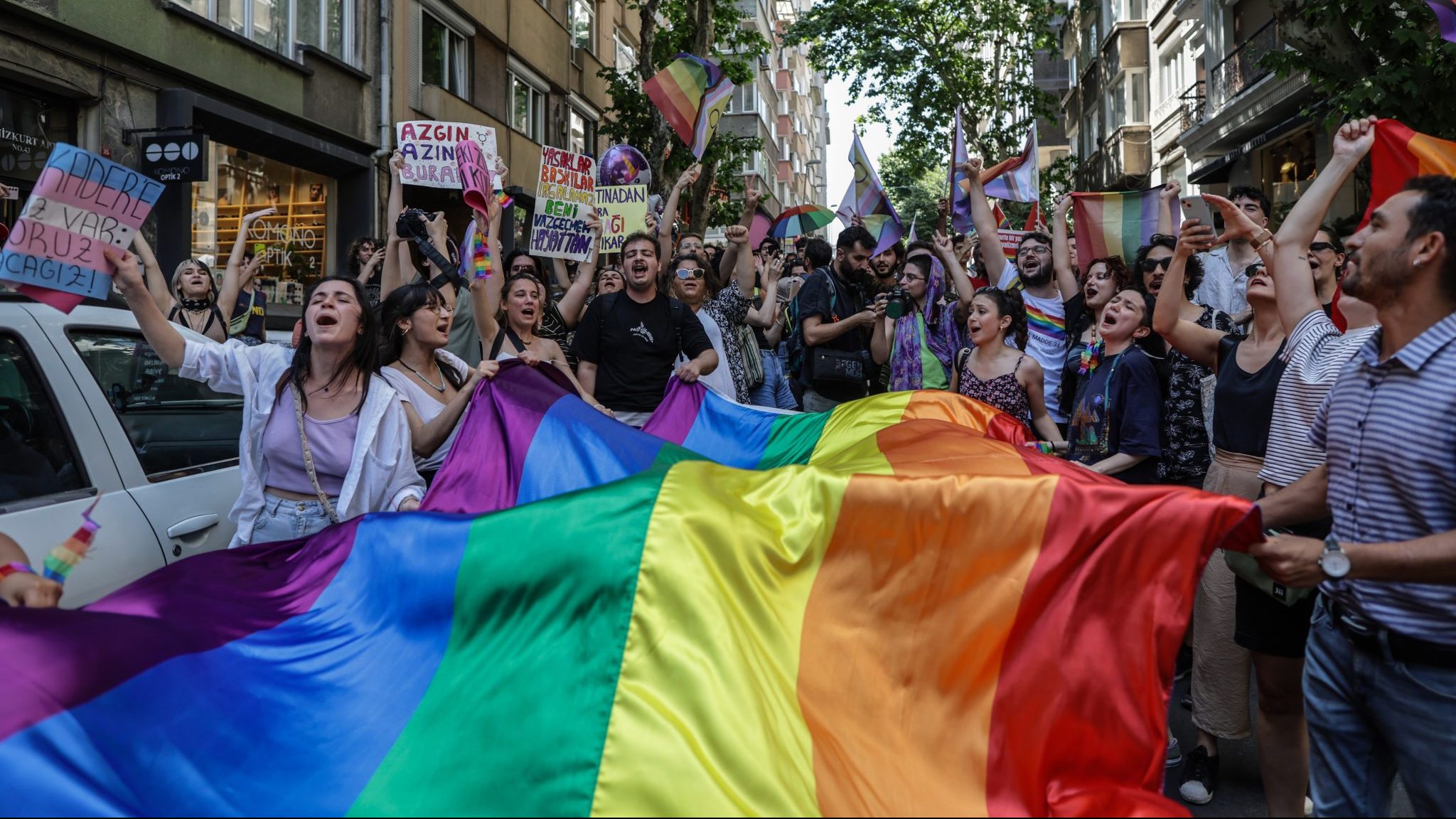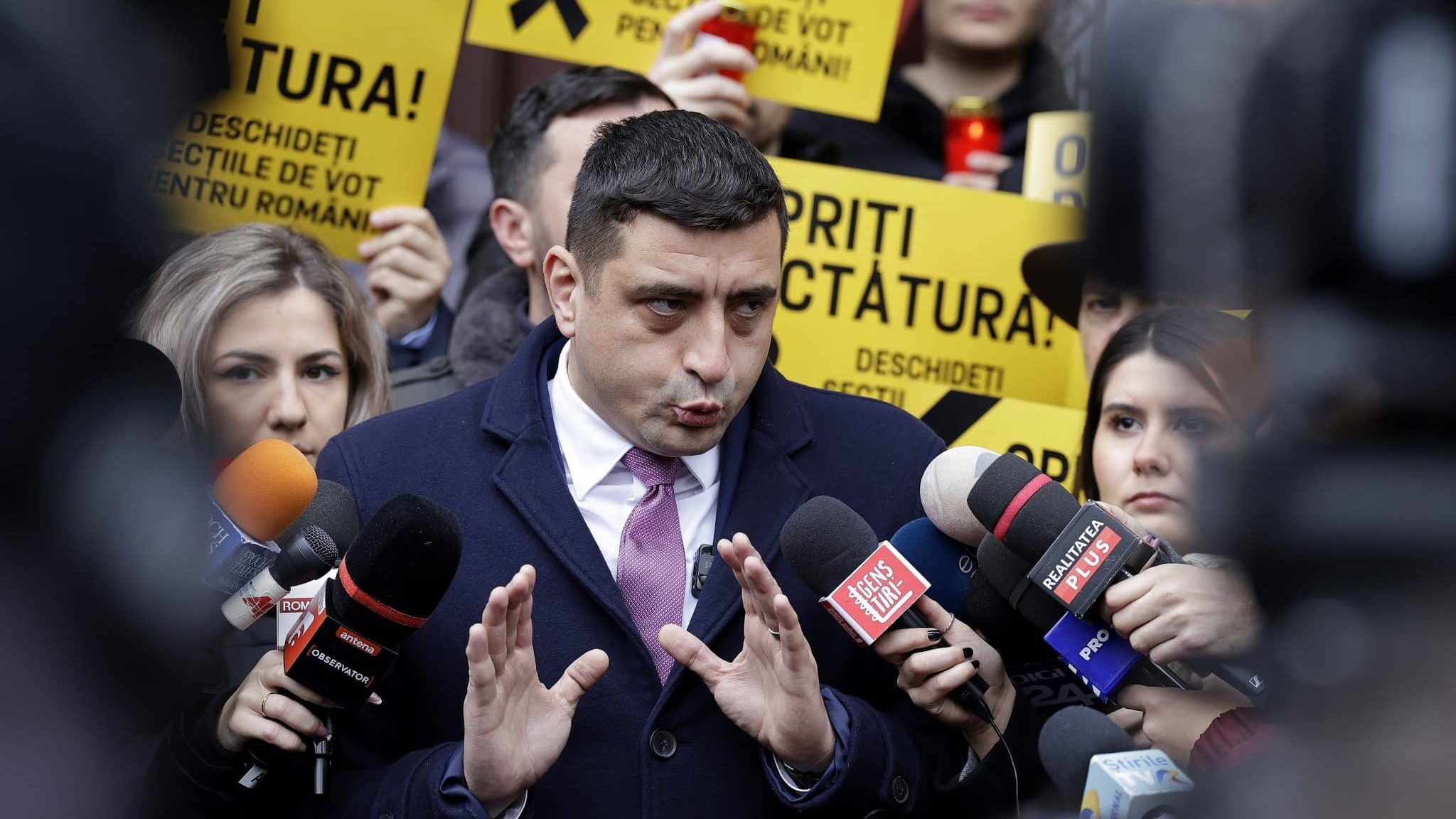
A court in the southern Turkish province of Adana blocked access to Roblox, one of the most popular online gaming platforms in the world, citing dangers to children. “Due to content that could lead to child abuse, access to the game platform called Roblox and its links in app markets has been blocked by the Adana 6th Criminal Court of Peace,” Justice Minister Yilmaz Tunc said on Wednesday.
Tunc added that Turkey will continue to take measures to “to ensure the protection of our children according to our Constitution”.
Roblox is a gaming platform that allows its users to create and publish their own games. The platform is also an online meeting hub for its users, often teenagers.According to Euronews Turkish, Turkey has the fifth highest number of people in the world using Roblox.
The access block follows similar decisions imposed by the government in the past month. The popular global story-sharing platform Wattpad has been banned in Turkey “for the protection of children” and “public order” since July 16, making it the first country to impose such a restriction.
Most recently, Turkey’s Information and Communication Technologies Authority, BTK, the national communications regulator, blocked access to Instagram on August 2 without stating the reason or duration of the ban.
The ban came after the presidency’s communications director, Fahrettin Altun, accused Instagram, which is owned by META, of censorship of content about Hamas leader Ismail Haniyeh’s assassination in Iran, linked to Israel. “This is censorship, pure and simple,” Altun said on X, adding that Instagram had not cited any policy violations for its action.
Turkey later announced that Instagram had been blocked over its failure to remove illegal content on matters such as “the sexual abuse of a child”, for insulting Mustafa Kemal Ataturk, the founder of modern Turkey, and over items on “gambling and drugs”. Officials said Instagram had been warned to remove such content but it failed.
Turkey has passed a number of draconian laws and regulations that give the government greater control on digital platforms.
It has previously blocked many social media platforms, including YouTube, Threads, EksiSozluk, Wikipedia, Twitter and TikTok. It has also imposed social media and broadcasting bans following disasters, terror attacks and social unrest.




















